EDITOR'S NOTE
The story of decentralization and delegation of authority to recruit teachers should be assigned to the Director of the Department of Education and Training or the Chairman of the People's Committee of the commune or ward is receiving many opinions expressing interest. VietNamNet records the opinions of experts and managers to contribute more solutions to this problem.
During the process of commenting on the draft Resolution on a number of specific and outstanding mechanisms and policies to make a breakthrough in education and training development, a number of National Assembly deputies proposed to empower each school to recruit teachers themselves and then report to the commune and ward levels. This proposal is attracting great attention from localities, which will be directly affected if the mechanism is applied.
VietNamNet reporter talked with Mr. Nghiem Van Hach, Party Secretary, Chairman of Tam Da Commune People's Council ( Bac Ninh province) to hear the perspective from the perspective of a locality in need of recruiting teachers.
Mr. Nghiem Van Hach commented that giving more power to schools is a direction in line with the trend of educational innovation. However, according to him, not all levels are qualified to carry out tasks that are inherently specialized, such as recruiting teachers.
"I support the spirit of decentralization and delegation of power, but I think teacher recruitment should be assigned to specialized units," said Mr. Hach.
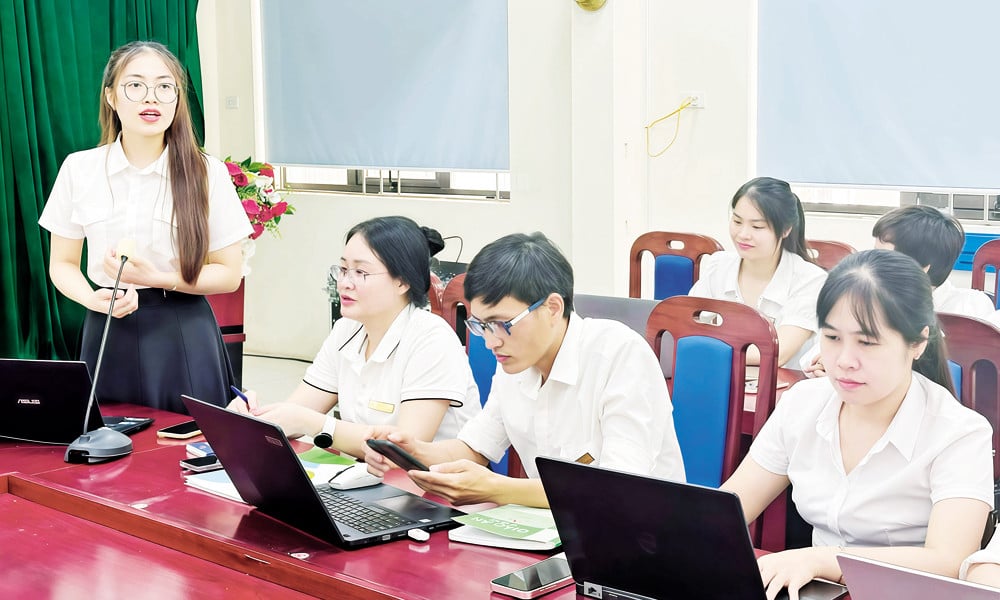
Mr. Hach said that the right to recruit teachers should continue to be assigned to the Department of Home Affairs and the Department of Education and Training to implement according to decentralized management.
When asked about the view of retaining the right to recruit teachers at the Department level, Mr. Hach clearly analyzed the aspects: “The Department of Education and Training is an agency with expertise in education, the Department of Home Affairs has expertise in managing cadres, civil servants and public employees, so it can organize the most systematic recruitment apparatus, with the highest level of pedagogical expertise. Recruiting teachers is not just about receiving applications, but also needs to evaluate capacity, qualities, pedagogical skills through lesson planning and classroom ability,” said Mr. Hach.
The Party Secretary of Tam Da commune also said that the number of officials in charge of education management at the commune level is still lacking, if there is only one official in charge of this field. In addition, the number of additional recruitment needed at all levels and schools in the commune will not be much, only a few targets, if establishing a recruitment council is not feasible and costly.
According to Mr. Hach, the commune level is "shouldering" many tasks from administration, security and order, culture - society , land, environment... If we add the task of recruiting, evaluating, approving or supervising teacher recruitment, the workload will become even more overloaded for the current apparatus while specialized Departments can completely do this job well.
He also frankly shared that too much decentralization without a control mechanism can create loopholes that cause negativity in recruitment.
Not supporting the immediate assignment of mass recruitment authority to the school or commune level, the Party Secretary of Tam Da commune said that it is possible to consider decentralizing authority to the commune level to preside when there are large recruitment targets, but there must be supervision and guidance from two specialized Departments.
Also related to this issue, from the perspective of practical management at the grassroots level, Mr. Nguyen Cuong Nghi, Chairman of the People's Committee of Hap Linh Ward (Bac Ninh Province), said that delegating the right to recruit teachers to each school or commune and ward level is not suitable for current capacity.
Mr. Nghi analyzed that the commune and ward level apparatus was designed to undertake comprehensive administrative and social tasks, and did not have a specialized department in education or human resources strong enough to preside over a recruitment period of a special nature such as teacher recruitment.
“Currently, the commune/ward level does not have enough capacity to organize recruitment exams on its own. The staff of the commune/ward also does not have enough quantity and expertise to establish an independent and qualified recruitment council,” said Mr. Nghi.
Another major difficulty is the cost of organizing the exam. According to the Chairman of the People's Committee of Hap Linh Ward, the number of teachers needed to be recruited each year in each school or each commune is not much. If each small locality organizes its own exam, the cost of personnel, facilities, supervision and marking will increase greatly, leading to a waste of resources.
“The recruitment demand at each school is not large. If each commune and ward organized its own exam, it would cost a lot of money and human resources,” Mr. Nghi shared.
According to Mr. Nghi, the most reasonable solution at present is to maintain the model of schools registering their quotas and recruitment needs, then the Department of Home Affairs and the Department of Education and Training organize centralized exams. In addition, according to Mr. Nghi, teacher recruitment does not stop at the exam stage but also involves evaluating documents, checking qualifications, evaluating pedagogical capacity, and even considering the suitability with the educational program.
“This is not only a technical recruitment issue, but also related to the long-term quality of education. Therefore, it needs to be implemented in places with sufficient capacity and expertise,” said the Chairman of the People’s Committee of Hap Linh Ward.
Source: https://vietnamnet.vn/phuong-xa-cung-lo-lang-neu-duoc-trao-quyen-tu-tuyen-giao-vien-2466001.html




![[Photo] VinUni students' emotions are sublimated with "Homeland in the Heart: The Concert Film"](/_next/image?url=https%3A%2F%2Fvphoto.vietnam.vn%2Fthumb%2F1200x675%2Fvietnam%2Fresource%2FIMAGE%2F2025%2F11%2F26%2F1764174931822_10-3878-jpg.webp&w=3840&q=75)


![[Photo] Close-up of heavy damage at the school located on the banks of the Ban Thach River](/_next/image?url=https%3A%2F%2Fvphoto.vietnam.vn%2Fthumb%2F1200x675%2Fvietnam%2Fresource%2FIMAGE%2F2025%2F11%2F26%2F1764152130492_ndo_bl_img-8188-8805-jpg.webp&w=3840&q=75)
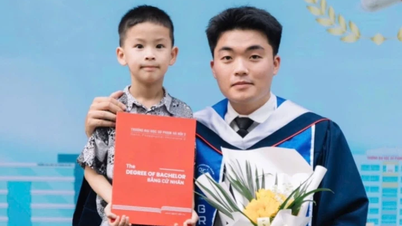

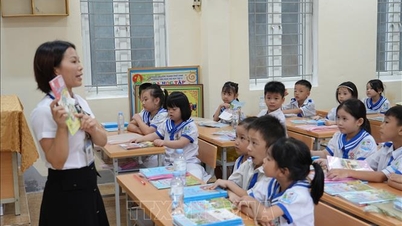







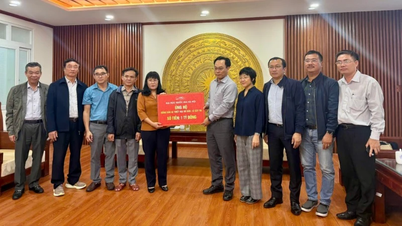



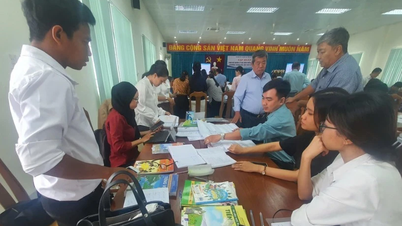

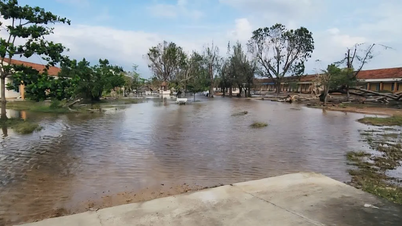








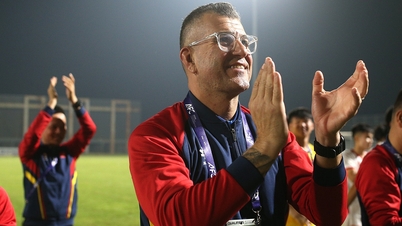

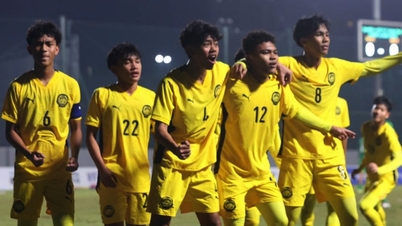
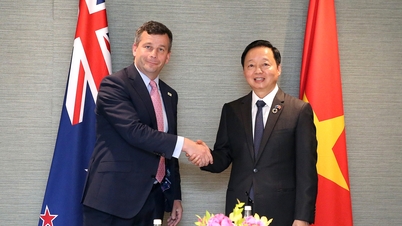









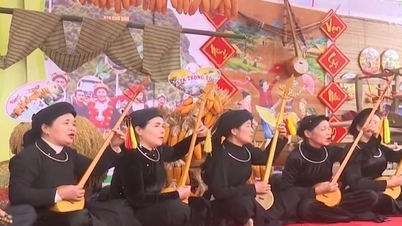

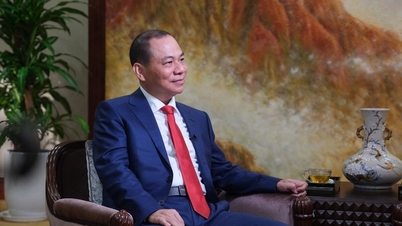

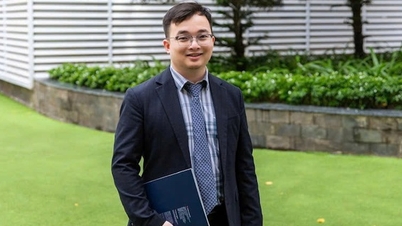

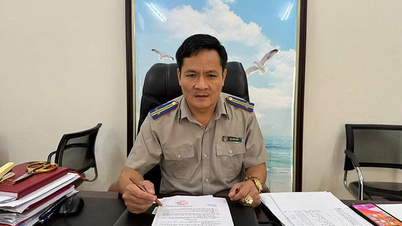



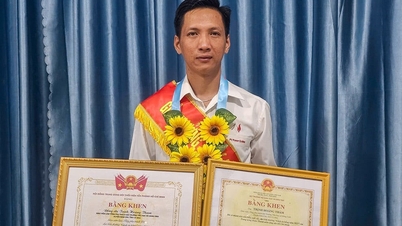

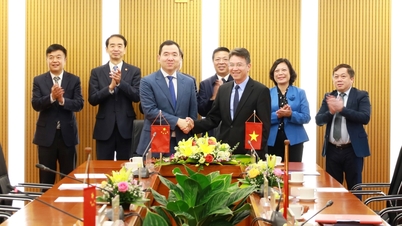





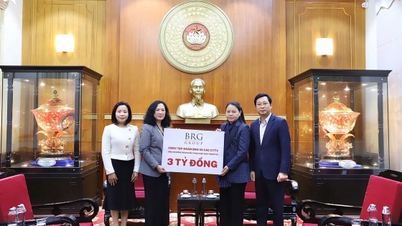










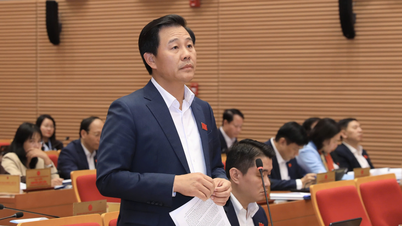
![[Photo] Opening of the 28th Session of the Hanoi People's Council](https://vphoto.vietnam.vn/thumb/402x226/vietnam/resource/IMAGE/2025/11/26/1764155991133_image.jpeg)





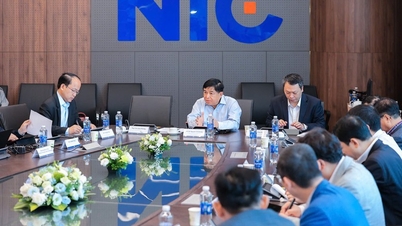



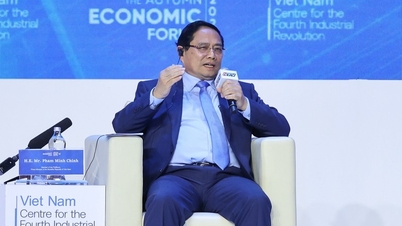
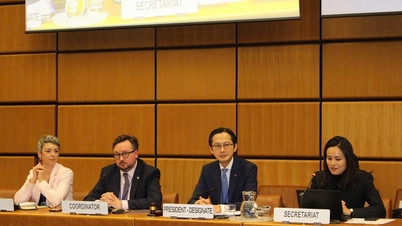




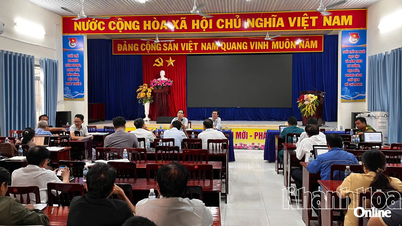
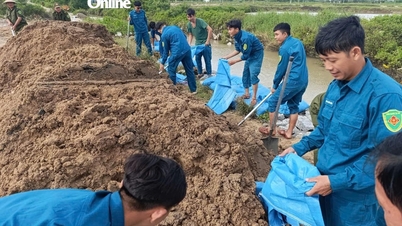














Comment (0)